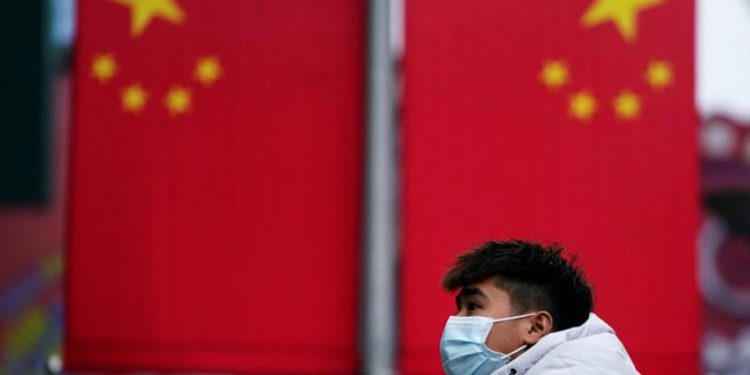The Hague: Dutch Foreign Minister Stef Blok raised his concerns about human rights in China and the autonomy of Hong Kong during talks Wednesday with his Chinese counterpart Wang Yi.
Blok said in a statement that their discussions showed that “the Netherlands and China want to work together on a serious mutual relationship.”
He said that arrests in Hong Kong of journalists and lawmakers, the delay by a year of legislative elections and Beijing’s contentious new national security law “are all extremely worrying developments.” Hong Kong leader Carrie Lam postponed the elections last month, citing a worsening coronavirus outbreak.
Earlier Wednesday, Hong Kong police arrested 16 people, including two opposition lawmakers, on charges related to anti-government protests last year.
Wang’s visit to the Netherlands is part of his five-nation tour of Europe this week that also includes France, Germany and Norway.
Tuesday, he met his Italian counterpart Luigi Di Maio, who told Wang China needs to “preserve the high degree of autonomy and the fundamental rights and freedoms” guaranteed to Hong Kong citizens.
China’s national security law for Hong Kong is seen by many as Beijing’s boldest move yet to break down legal barriers between the semi-autonomous territory of Hong Kong and the mainland’s authoritarian Communist Party system.
Blok also raised other human rights issues during the talks in a castle outside The Hague, saying he “specifically called attention to the restriction of freedom of religion and belief in China, which affects in particular Muslims, Christians and Tibetan Buddhists.”
Dutch lawmaker Martijn van Helvert, whose Christian Democrat Appeal party is a member of the current ruling coalition, used the visit to call for tougher action against Beijing.
“The Dutch government must be clear that there can be no resumption of ‘business as usual’ with Beijing while the persecution of Uighur Muslims, Christians and other religious and ethnic minorities in China continues,” he said at a press conference with two Uighur activists.
Over the past four years, the Chinese government has detained an estimated 1 million or more members of ethnic Turkic minorities in Xinjiang, holding them in internment camps and prisons where they are subjected to ideological discipline, forced to denounce their religion and language and physically abused.
China has long suspected the Uighurs, who are mostly Muslim, of harbouring separatist tendencies because of their distinct culture, language and religion.
Blok said he raised his concerns about the plight of Uighurs with Wang.
Van Helvert also criticised the national security law, saying that it “criminalises legitimate political activities and severely curtails individual freedoms” and violates Hong Kong’s autonomy.
AP







































